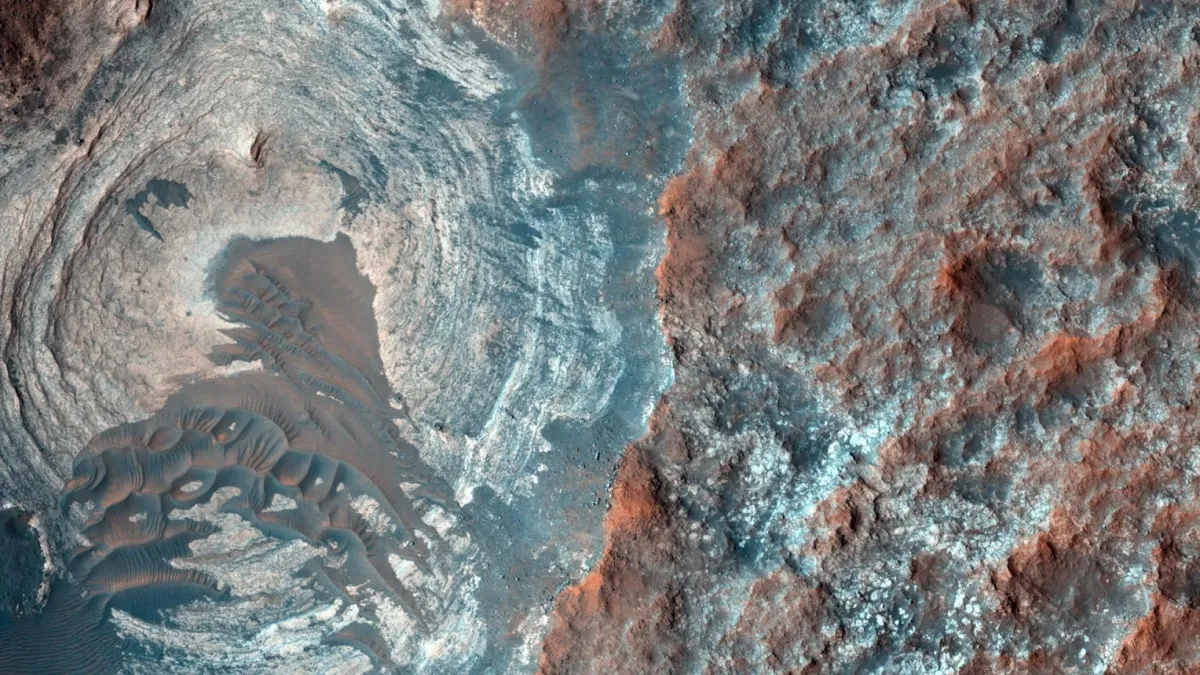How Artificial Intelligence is Transforming Cosmological Research

Enhancing Cosmology with AI
Artificial intelligence (AI) has emerged as a transformative force in astronomical research, pushing the boundaries of what is achievable in cosmology. Researchers at Flatiron Institute's Center for Computational Astrophysics (CCA) have employed AI to calculate five key cosmological parameters defining our universe. These parameters serve as fundamental settings, shaping how the universe operates across vast scales.
Maximising Insights from the Sloan Digital Sky Survey
The CCA team, guided by astronomer Liam Parker, utilised data from over 100,000 galaxies observed in the Sloan Digital Sky Survey (SDSS). They harnessed AI’s capabilities to extract detailed insights from immense data volumes, overcoming traditional analysis limitations.
- A profound leap in precision: By training AI with 2,000 simulated universes, researchers enhanced measurement accuracy dramatically.
- Addressing cosmic mysteries: This innovation aids in unraveling significant issues, such as the Hubble tension, which could reshape our understanding of cosmic expansion rates.
Impactful Future of AI in Cosmology
As cutting-edge surveys like the European Euclid survey launch, AI-powered techniques will be vital in maximising data extraction, representing a significant leap in our quest to comprehend the universe's fundamental parameters.
This article was prepared using information from open sources in accordance with the principles of Ethical Policy. The editorial team is not responsible for absolute accuracy, as it relies on data from the sources referenced.